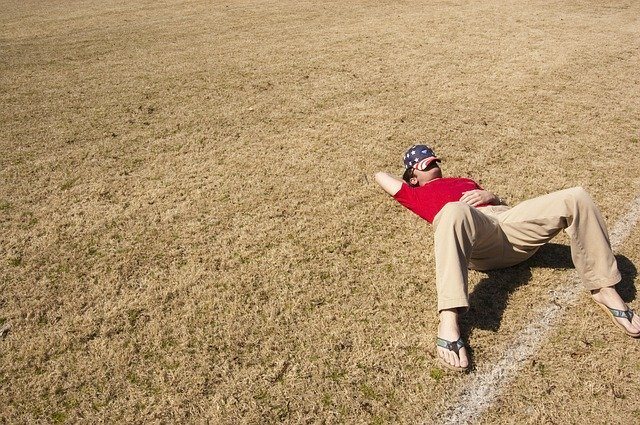Here’s How You Sleep Less But Better

Scientists have already learned to deepen and accelerate the recovery processes that occur in our brain in a dream. Will this make us feel better, even when we go to bed too late and wake up too early?
We often talk about our difficulties with sleep. After all, they testify that we lead an extremely busy life.
Recall Thomas Edison, Margaret Thatcher and Donald Trump, all of them are famous for their short night's rest – 4-5 hours of sleep, much less than recommended by doctors for adults 7-9 hours.
It seems that many of us are following the example of these people: according to the US Centers for Disease Prevention and Control, more than a third of US adults regularly lack sleep. We ourselves sleep less often, and the consequences are very disturbing.
The consequences are known – from memory impairment to an increased risk of infectious diseases, from decision-making difficulties to obesity – but they are often ignored.
When our work needs exceed the capabilities of the usual daily schedule, the first thing we sacrifice is the hours of sleep.
But what if we could optimize the hours that we spend in a dream and make them more effective? Would we need less sleep then, and would it be deeper?
Such an opportunity is more realistic than we think. Techniques for optimizing sleep already exist, and experiments conducted around the world prove: we can very well increase the efficiency of brain activity at night.
First, we speed up the immersion in deep sleep, and then we increase the quality of our relaxation.
You think that sounds too beautiful to be true? Let's get it right.
Slowing down the rhythm
During a normal night, the brain goes through various stages of sleep, each of which has its own characteristic structure of “brain waves”. At the same time, neurons in different areas of the brain work synchronously, in a certain rhythm (approximately like a large crowd chanting something in chorus).
During the REM sleep phase, which is also called the phase of rapid eye movements (RGD), the rhythm of neurons is relatively fast – at this time we usually see dreams.
Those who suffer from lack of sleep are extremely difficult to convince of the need to change their lifestyle.
But at certain moments, our eyes stop moving, dreams stop occurring, and the rhythm of brain activity drops to one “heartbeat” per second.
And here we are immersed in that deepest unconscious state, which is called the phase of slow sleep.
It is this stage that is most interested in scientists studying the possibilities of optimizing sleep.
Margaret Thatcher, among other things, was also known for sleeping four to five hours a day – at least in those years when she was British Prime Minister
